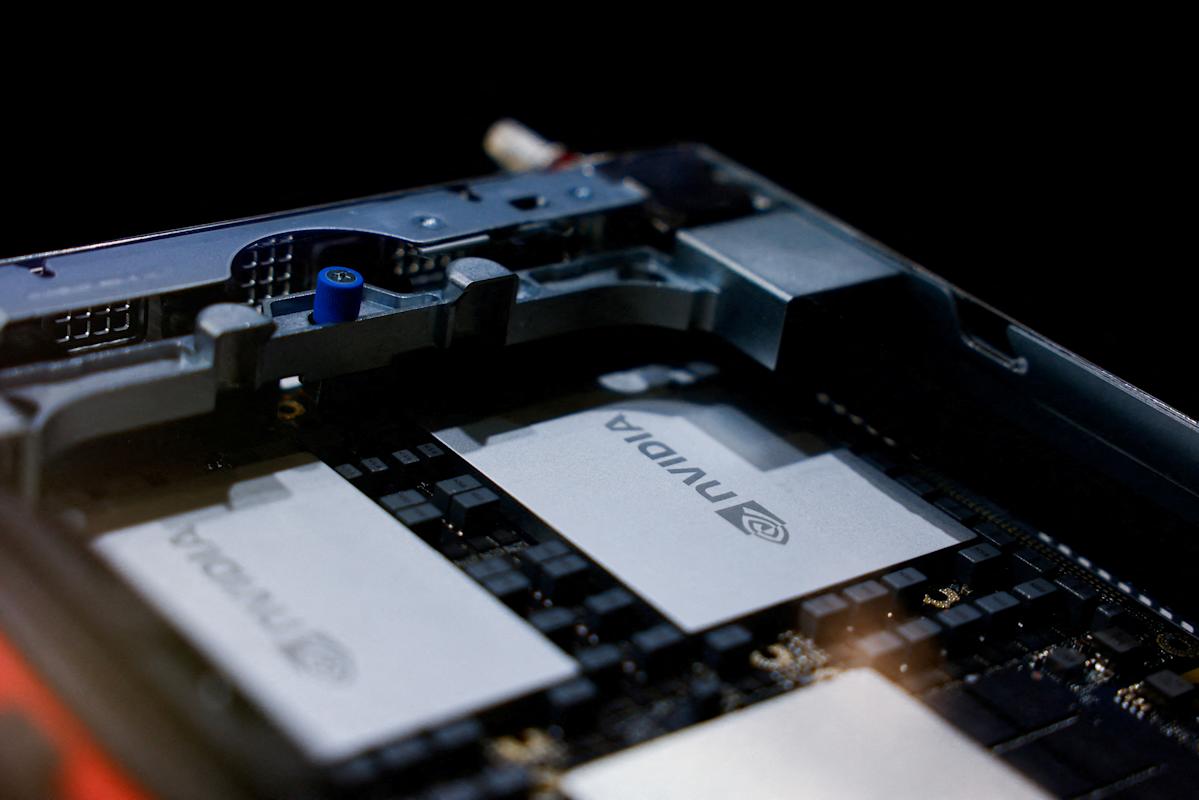Although hydrogen is the most abundant element in the universe, producing affordable and clean hydrogen on Earth has proven to be a challenging task.
According to Siva Yellamraju, co-founder and CEO of Fourier, “Hydrogen has been plagued by two major issues: how to produce it efficiently and how to distribute it efficiently,” as he explained to TechCrunch.
Many recent hydrogen startups have focused on developing modular electrolyzers that can be mass-produced and easily transported in shipping containers. Fourier has taken this approach to the next level by targeting a system that is no larger than two standard server racks side by side.
Investors have taken notice, with General Catalyst and Paramark Ventures leading a $18.5 million Series A funding round, which was exclusively announced to TechCrunch. Other participating investors include Airbus Ventures, Borusan Ventures, GSBackers, MCJ Collective, and Positive Ventures.
The server analogy used by Fourier extends to the inside of the module, where multiple small electrolyzers, referred to as “blades,” are installed. Each blade is supplied with water from a shared pump and electricity from slightly modified power supplies commonly used in data centers.
Yellamraju explained that these power supplies are “reprogrammed and retrofitted to run electrolysis,” which also allows the company to utilize components that are already widely available. “This enables us to use components that are already sold in the billions,” he added.
Within each hydrogen production module, software is used to manage the blades and optimize their operation. In this regard, Yellamraju stated that the company drew inspiration from another widely used technology, the lithium-ion battery.
As Yellamraju noted, “Companies like Tesla started with small cells and an array of them, which allowed them to use off-the-shelf components and shift the complexity to a compute layer.”
Tesla’s battery packs consist of thousands of smaller batteries, all of which are overseen by a combination of hardware and software known as a battery management system. This system handles charging and discharging of each individual cell and monitors for signs of degradation.
Similarly, Fourier’s system monitors the performance of each electrolyzer blade, adjusting output and watching for signs of degradation. The goal, according to Yellamraju, is to “convert the overall efficiency and production problem into a data optimization problem.”
The startup has operated two lab-scale pilots with a pharmaceutical manufacturer and a solar energy company, producing approximately one kilogram of hydrogen per hour. Next, they plan to launch two commercial-scale pilot plants, one at a petrochemical plant in Ohio and another at a company in Fremont, California, that manufactures airline parts, both of which are expected to be operational by June.
Fourier’s target customers, including pharmaceutical, petrochemical, and ceramics manufacturers, currently pay around $13 to $14 per kilogram of hydrogen. Yellamraju claims that his company can deliver hydrogen for $6 to $7 per kilogram, excluding any government incentives. “With our margin, they’re still saving half the price of hydrogen,” he stated.
Source Link





